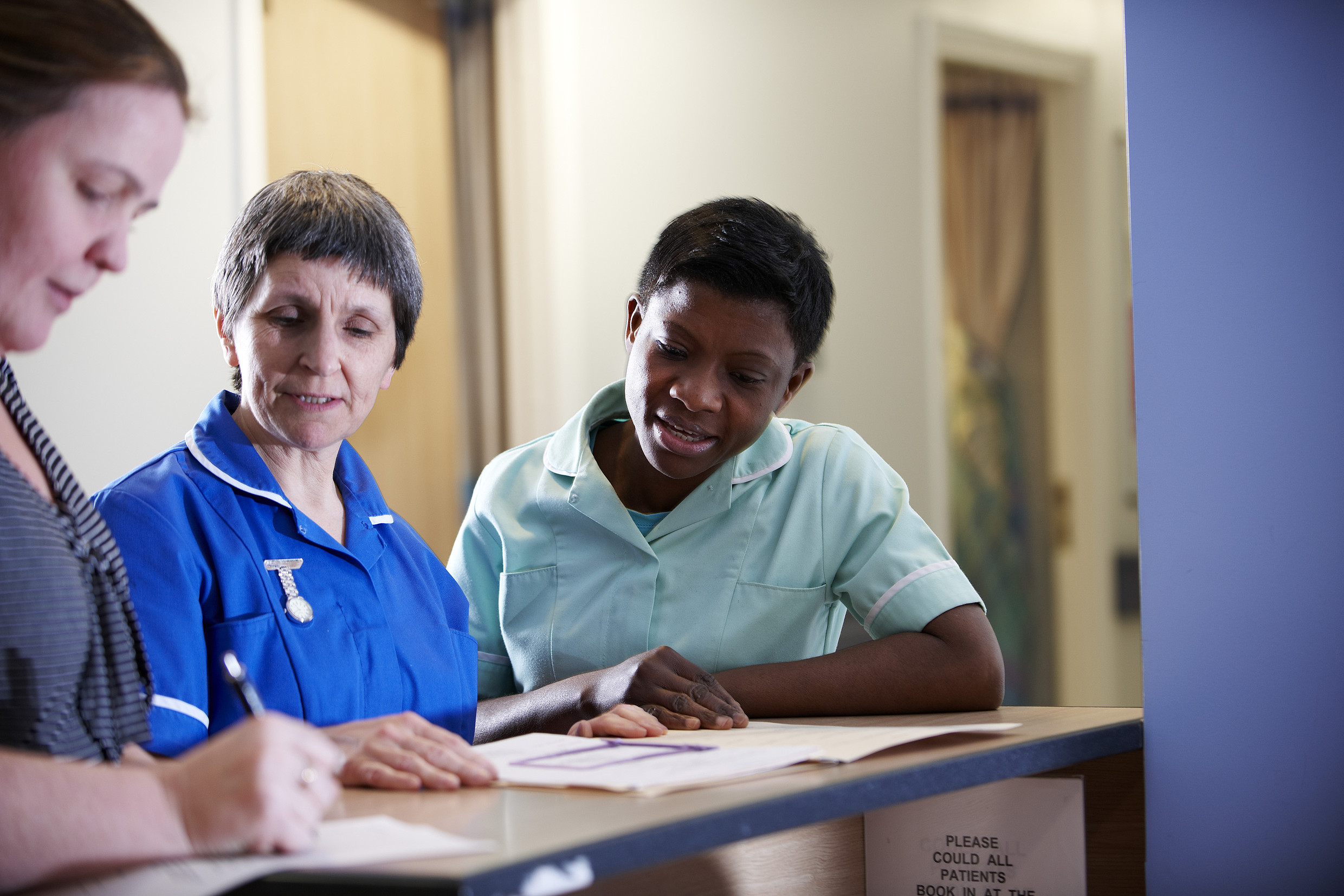Where to go for support when you have an eating disorder

According to Beat Eating Disorders there are an estimated 1.25 million people in the UK with an eating disorder. Eating disorders vary a lot from person to person and can be challenging to identify.
Could I have an eating disorder?
Some of the common behaviours suggesting you or a family member may have an eating disorder can include:
- distorted beliefs about your body;
- eating large quantities of food at once;
- getting rid of the food eaten through making yourself sick, frequent fasting, going to toilet after meals or other unhealthy means;
- a combination of the above.
If you’re worried about yourself or someone else, seek help as quickly as possible, as this gives the greatest chance of a full recovery.
Types of eating disorders:
Anorexia: Anorexia is a serious mental illness where people are of low weight due to limiting how much they eat and drink. They may develop “rules” around what they feel they can and cannot eat, as well as things like when and where they’ll eat.
Bulimia: People with bulimia are caught in a cycle of eating large quantities of food (called bingeing), and then trying to compensate for that overeating by vomiting, taking laxatives or diuretics, fasting, or exercising excessively (called purging).
ARFID: Avoidant restrictive food intake disorder, more commonly known as ARFID, is a condition characterised by the person avoiding certain foods or types of food, having restricted intake in terms of overall amount eaten, or both. This is generally not related to how someone views their body.
Binge Eating: Binge eating disorder (BED) is a serious mental illness where people eat very large quantities of food without feeling like they’re in control of what they’re doing. People with binge eating disorder eat large quantities of food over a short period of time (called binge eating). Unlike people with bulimia, they don’t usually follow this by getting rid of the food through, for example, vomiting, though sometimes they might fast between binges.
Where to go for support
Contact your GP If you think that you have an eating disorder you should contact your local GP. They will ask you about your eating habits and lifestyle. If they think that you might have an eating disorder they will refer you to a specialist.
Talk to a friend or family member It can be very hard to admit you have a problem and ask for help. Start by talking to a friend or family member. You could even bring them with you to your appointment to make you feel more comfortable.
Talk to an advisor The Beat Eating Disorders helpline is available 365 days a year at the following times:
- 9 am – midnight (week days)
- 4 pm – midnight (weekends and bank holidays)
If lines are busy, Beat also offer a one to one web chat which is available here:
Beat use their helpline to listen to you. They will help you to understand the illness, and support you to take positive steps towards recovery. They also support your family and friends, equipping them with essential skills and advice, so they can help your recovery whilst also looking after their own mental health.
Beat are also campaigning for Eating Disorders Awareness Week (27 February 2023 - 5 March), in an attempt for all UK medical schools and foundation programmes to introduce proper training on eating disorders. For more information about their campaign, please visit: https://edaw.beateatingdisorders.org.uk/
Adult Helpline: 0808 801 0677
help@beateatingdisorders.org.uk
Youthline: 0808 801 0711
What should services do to help?
- Provide quicker access to support. Beat has warned that during the pandemic NHS waiting lists to see a specialist have grown alarmingly.
- Raise awareness of eating disorders and make information about local treatment and support easy to access.
- Offer more information about support groups to help people support a family member or struggling with an eating disorder.
What about support in Halton?
For Children and Young People - In Halton, Mersey Care, in partnership with St Helens & Knowsley Teaching Hospitals NHS Trust and leading national eating disorder charity Beat, provide the Young People's Community Eating Disorder Service. It’s a specialist service which provides assessment, treatment and support for young people with eating disorders and their families.
You can find more information and a referral form here
For Adults - NHS Cheshire and Wirral Partnership NHS Foundation Trust provide Eating Disorder Service for Adults.
You can find more information here


